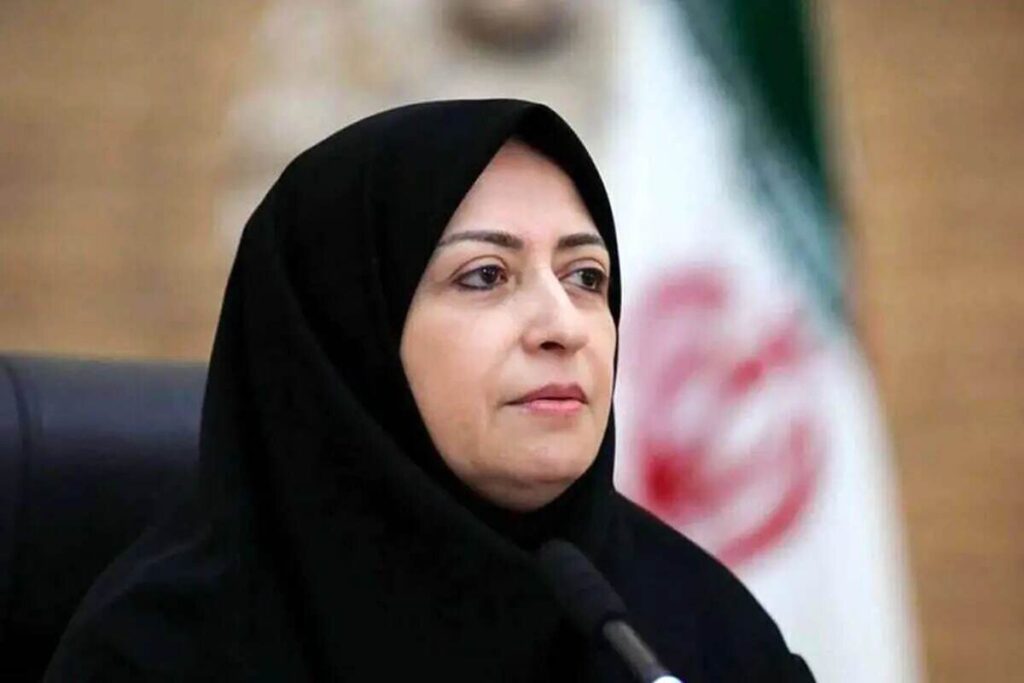Tehran – The modern world tackles a series of profound environmental and social challenges. These issues are frequently mentioned in diplomatic conferences, negotiations and media coverage, but are rarely addressed on the ground. Issues like global warming, loss of biodiversity, drought, soil erosion, water scarcity, and pollution are not only not resolved by political bias, misconduct and human conflict, but are actually exacerbated by them.
These environmental crises create a cascade of further consequences, including rising food prices, emerging diseases, forced migration, poverty and economic decline. Importantly, these challenges no longer distinguish between the global South and North. Their effects are evident in all countries. They transcend political boundaries and now threaten the future of humanity as a whole.
This is not only an important point for collective, convergent actions. Addressing these global threats requires coordinated international efforts rather than isolated domestic responses. Decisive actions are of paramount importance, such as mobilizing financial resources, transferring technology, capacity building, and strengthening global cooperation aimed at achieving sustainable social and economic development along with environmental protection. Conversely, unilateral, unfair and unbalanced trade restrictions in international markets interfere with developing countries’ ability to fulfill their environmental commitments, creating new layers of complexity and difficulty.
The Islamic Republic of Iran, whose constitution explicitly emphasizes environmental protection, considers the principle of sustainability as a binding national commitment. Environmental conservation has consistently been the basis of Iran’s policy agenda. Even under the burden of unfair and unilateral economic and political sanctions, Iranian experts and environmental advocates continue their efforts to maintain the values declared in the Constitution.
Under President Masoud Pezeshkian’s new administration, international engagement and constructive global partnerships are central priorities. One of the government’s most urgent focus areas is deepening international cooperation in the environmental sector.
Iran is one of the countries with relatively high greenhouse gas emissions, and its geographical location is particularly vulnerable to the effects of climate change. The country is facing persistent and exacerbated droughts, severe dust and sandstorms, major biodiversity losses, a sharp drop in surface runoff, and overextraction of groundwater. These effects have led to lower agricultural productivity and increased vulnerability in critical infrastructure and industrial facilities. A roughly 50% reduction in surface runoff in most Iranian basins reflects the depth and severity of the impact of climate change in the region despite an overall decrease in average precipitation. Furthermore, Iran suffers from surprising levels of air pollution and energy overconsumption, with energy intensity standing at 2.5 times the global average.
The transition to a low-carbon green economy is a key pillar of the global response to climate change. This conversion requires a fundamental shift towards clean energy sources, increased energy efficiency, and greater support for sustainable urban development and transportation systems. Adopting such strategies can significantly reduce climate-related risks while unlocking new economic opportunities and improving the quality of life for communities around the world.
The 11th BRICS Environment Ministers’ Conference provided the Islamic Republic of Iran with a unique opportunity to engage with 10 other countries collectively representing half the world’s population and roughly 40% of the world’s GDP. Iran’s main proposal focused on strengthening South-South cooperation in the environmental field. This includes collaboration of technical, financial and advisory, particularly through exchange of knowledge and experience, implementation of joint projects, and expert commission between BRICS countries.
Effective cooperation requires the creation of robust financial mechanisms and incentives to invest. The establishment of the BRICS Green Fund, expanding financial contributions from member states, and developing clean and renewable energy infrastructure, smart grids and sustainable public transport systems are one of the first important steps the group can pursue.
We hope that environmental collaboration will become a meaningful bridge between nations. Through this spirit of unity, we can support each other in our greatest shared cause: the protection and preservation of the Earth’s ecosystem.

